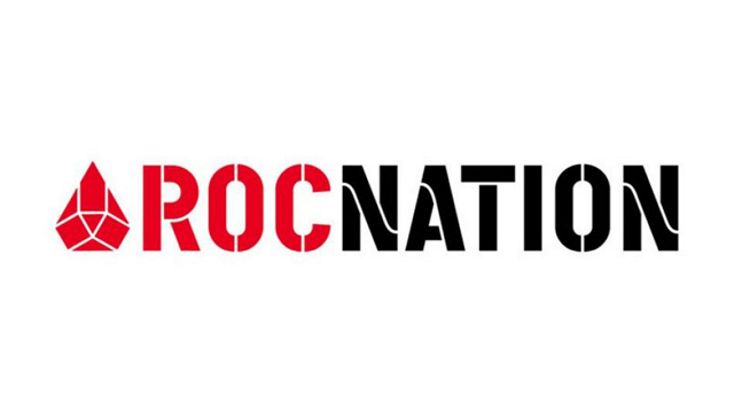Photo Credit: Roc Nation
About four months after reportedly raising $7 million, indie-focused music acquisition company Duetti has formally announced a $32 million round that drew participation from Roc Nation.
New York City-based Duetti unveiled the multimillion-dollar raise – and detailed some of the deals that it’s wrapped thus far – this morning. Founded by former Tidal COO Lior Tibon and former Apple Music business-development exec Christopher Nolte, Duetti is said to have launched “in stealth” last summer.
Since then, the startup, which says that its “innovative model opens new investment opportunities for a previously untapped asset class,” has emerged as “an essential business tool for over 60 independent artists,” according to higher-ups. Including CVBZ, Sylvan LaCue, and Croosh, these 60 or so artists have inked deals extending to north of 100 total songs, Duetti indicated.
And on this front, prospective sellers can part with their “master catalogs, individual tracks, or even parts thereof,” the year-old entity communicated, relaying also that its facilitated acquisitions have paid artists as much as $400,000. Transactions on average require 30 days to wrap, Duetti disclosed, likewise emphasizing other benefits of its “highly scalable data-centered approach.”
Back to the initially mentioned $32 million raise, Herzliya, Israel-headquartered Viola Ventures (as well as Viola Credit), Untitled (presumably referring to London’s Untitled Ventures VC), and San Francisco’s Presight Capital joined Roc Nation in putting up the funds, Duetti specified.
Moving forward, the IP investor intends to use the cash to expand its team, scoop up additional song rights, and implement “new financial optimization opportunities for acquired tracks and catalogs.” Regarding the latter, Duetti touched upon the “range of innovative management and optimization tactics” with which it monetizes acquired works.
Addressing the raise and his business’s broader objectives in a statement, Tibon communicated in part: “In recent years, the trend of legacy A-list musicians selling their entire catalogs has left independent artists out of the equation. Now, artists at all stages of their careers can easily capture the potential of their tracks and catalogs to help them reach the next step of their journey.”
Notwithstanding a slowdown in blockbuster catalog plays, rising rates, and economic concerns, evidence suggests that ample capital is continuing to reach the music-IP sphere.
Armada Music announced last month that it (in collaboration with Pinnacle Financial Partners) would spend $500 million on song rights via BEAT, “the first-ever dance music investment company,” for instance. And amid a steady stream of deals from well-established players, emerging entities like Larrosa Music Group and AMR Songs have closed investments of their own to this point in 2023.

